U.S. Ambassador to Kenya Meg Whitman recently responded to mounting calls for her resignation, emphasizing that her tenure is solely at the discretion of the U.S. president.
She clarified that her role as ambassador is directly linked to the U.S. president’s term, hinting that any change in leadership after the January 2025 inauguration could influence her position.
Whitman’s statement aimed to quell criticisms from certain Kenyan political figures who have accused her of interfering in Kenya’s internal matters and favoring specific policies in her diplomatic efforts.
Since her appointment in 2022, Whitman has embraced a proactive, business-focused approach to diplomacy.
With a distinguished career as a former CEO of eBay and Hewlett-Packard, Whitman was selected by the Biden administration to help strengthen economic ties between the United States and Kenya.
Her tenure has seen a strong emphasis on promoting a digital economy in Kenya, aligning with President William Ruto’s vision.
Whitman has consistently advocated for U.S. investment in Kenya’s growing tech sector, seeing it as an opportunity to advance both nations’ economic interests.
She has also encouraged collaborations that could position Kenya as a regional hub for digital innovation, leveraging her corporate background to facilitate business ventures that benefit both U.S. and Kenyan enterprises.
However, her close cooperation with Ruto’s administration has stirred controversy. Critics, particularly from the opposition, argue that Whitman’s alignment with Ruto could compromise the U.S.’s neutrality in Kenya’s politics.
They contend that her outspoken support for Ruto’s economic policies is perceived by some as taking sides, which could risk the delicate balance needed in U.S.-Kenyan relations.
Opposition leaders have suggested that Whitman’s emphasis on economic collaboration appears to endorse Ruto’s government at a time of heightened political sensitivity in Kenya.
These critiques highlight a broader tension around the role of foreign diplomats in Kenya’s internal affairs, particularly those who publicly express views on sensitive political and economic issues.
Whitman’s approach reflects a shift in U.S. policy toward Africa, which now prioritizes economic development over traditional security and political issues.
This strategy, part of a larger geopolitical effort, aims to build stronger economic ties that can help stabilize African economies, reduce poverty, and offer alternatives to Chinese investments in the region.
By advocating for American businesses in Kenya, Whitman has aligned herself with Washington’s goal of promoting economic self-sufficiency and regional security in Africa. U.S. officials argue that fostering economic stability in Kenya supports American interests, as a thriving Kenyan economy contributes to regional security and counters the growing influence of global competitors like China.
Despite facing criticism, Whitman has expressed her intention to continue her diplomatic efforts in Kenya as long as her role is supported by the U.S. administration.
Her recent remarks highlight her commitment to fostering U.S.-Kenyan ties and reinforcing Kenya’s economic potential.
The ambassador’s defense of her position arrives amid significant political transitions in both the U.S. and Kenya, with both nations grappling with internal changes that could impact diplomatic priorities.
Her statement signals that she remains focused on her mission and is prepared to carry out her duties, pending any potential changes following the U.S. presidential inauguration in January 2025.
Whitman’s tenure has underscored a modern diplomatic approach that seeks to blend business acumen with international relations.
While her methods have sparked debate, her focus on Kenya’s economic future aligns with a broader trend of leveraging economic growth as a path to mutual security and stability.







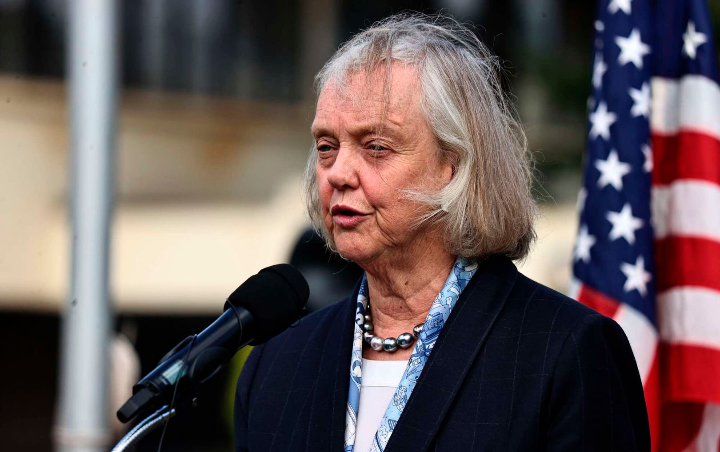
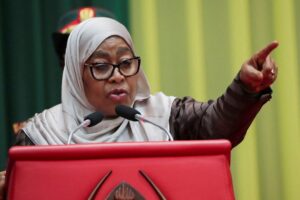
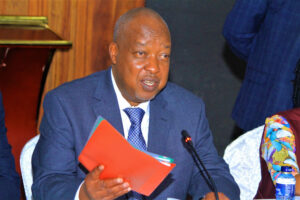

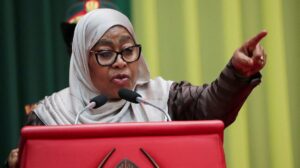
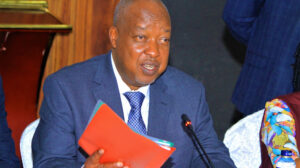



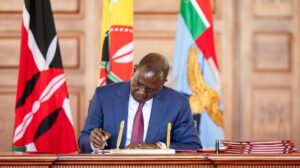


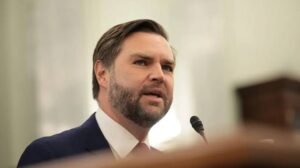

Add Comment